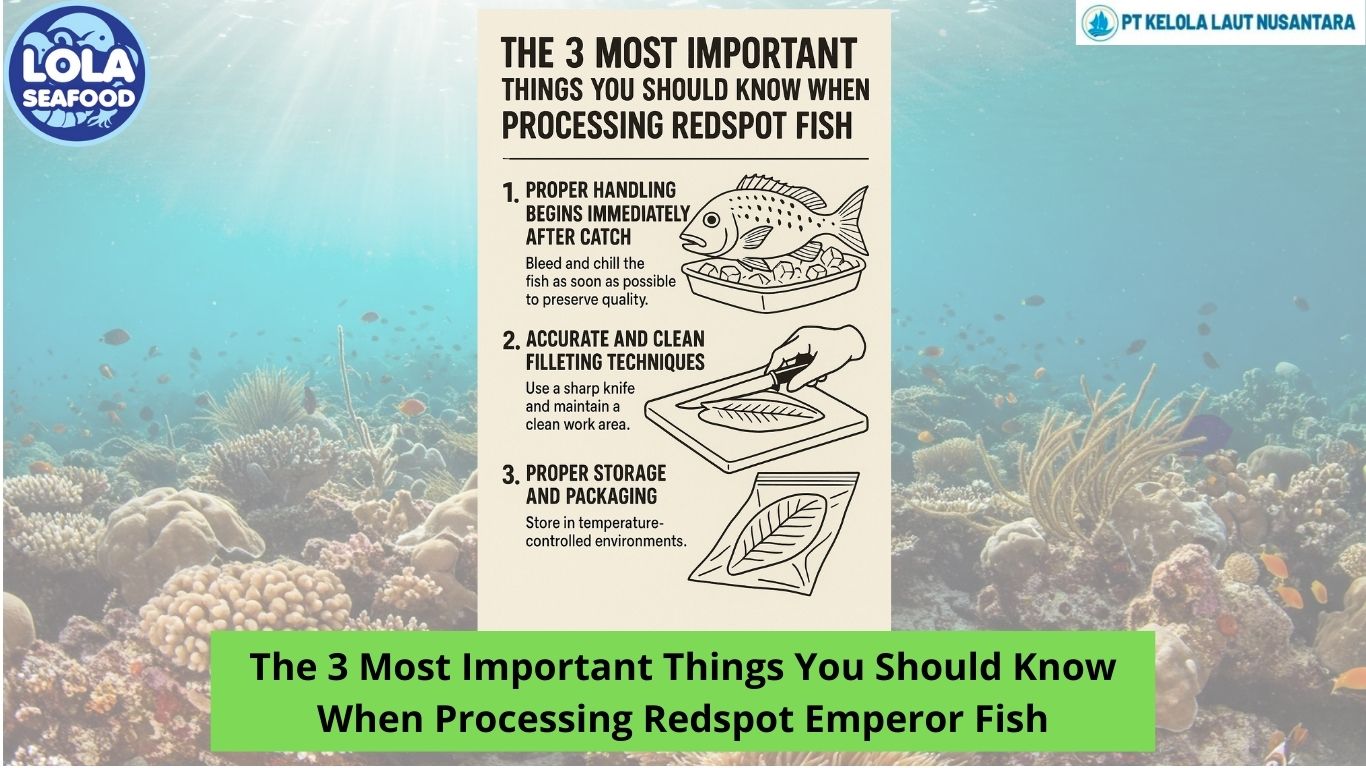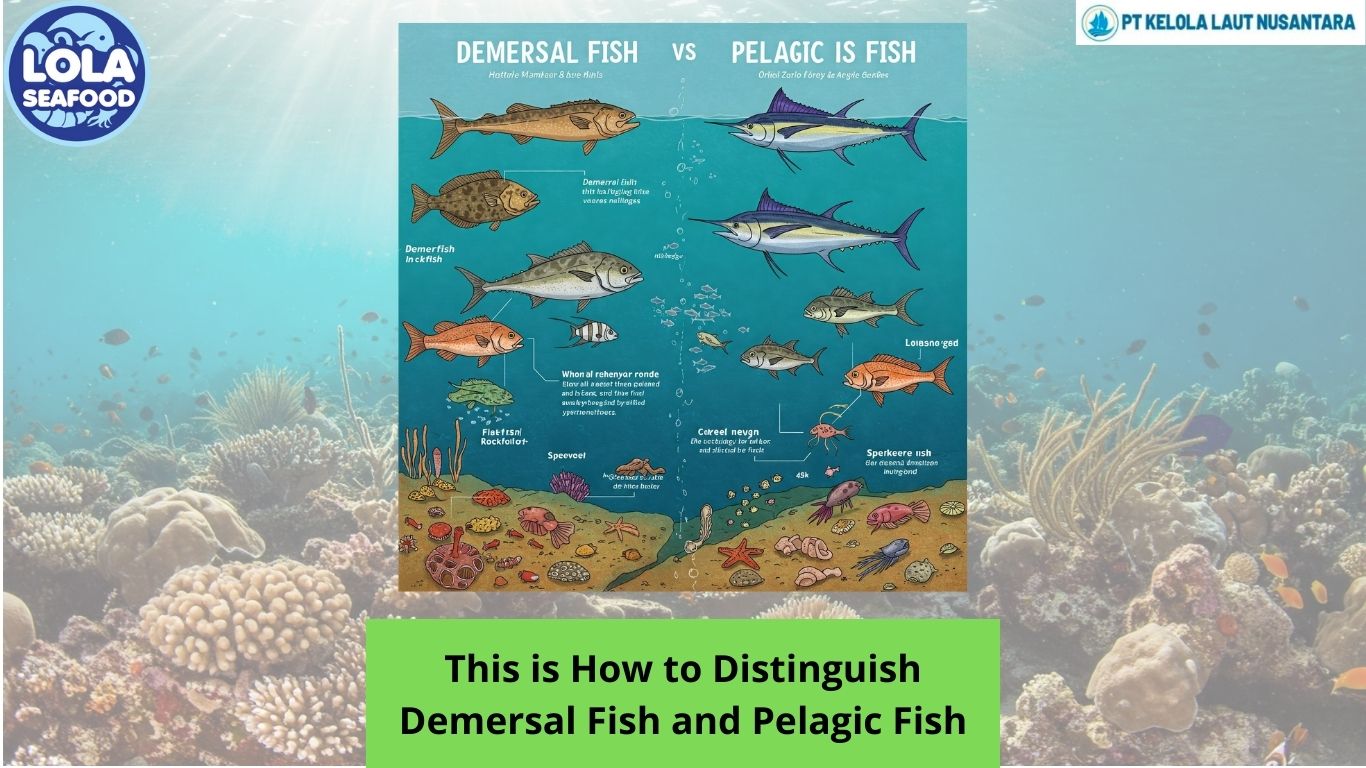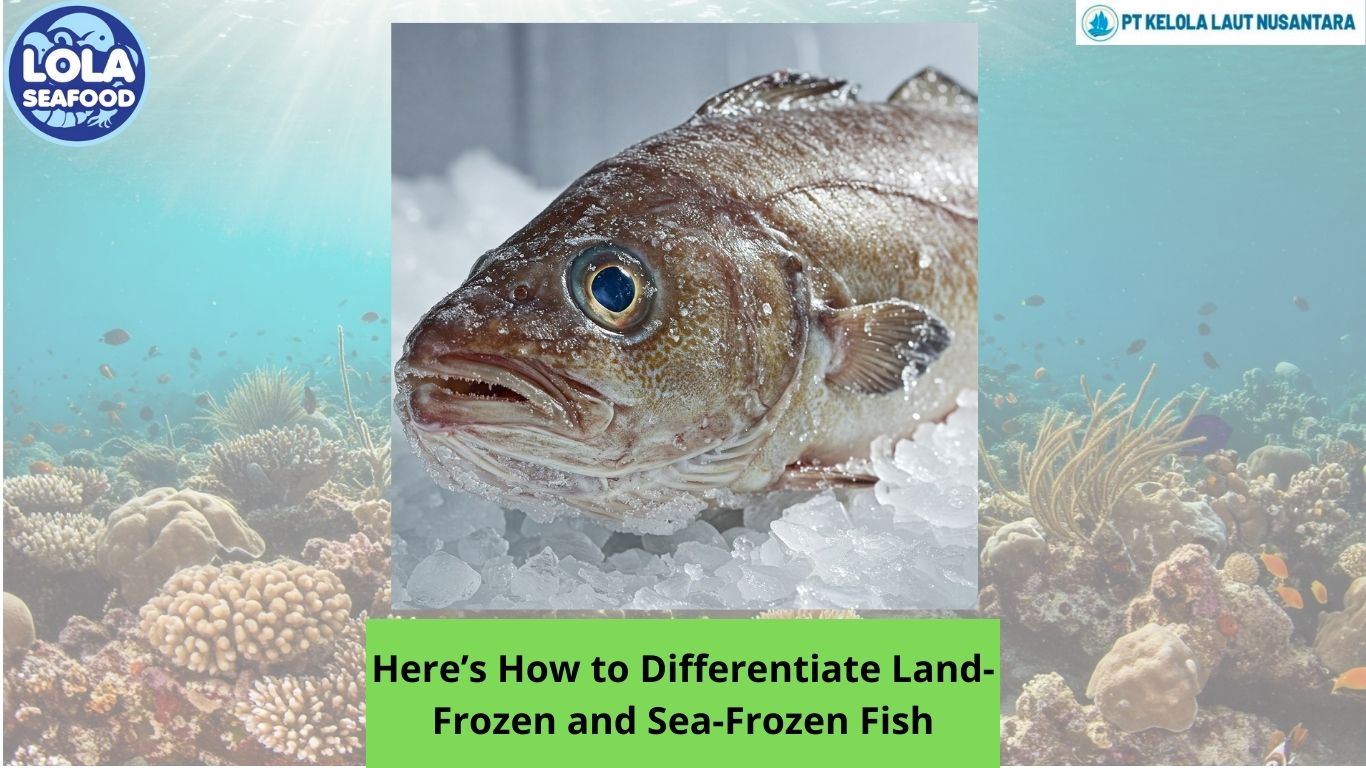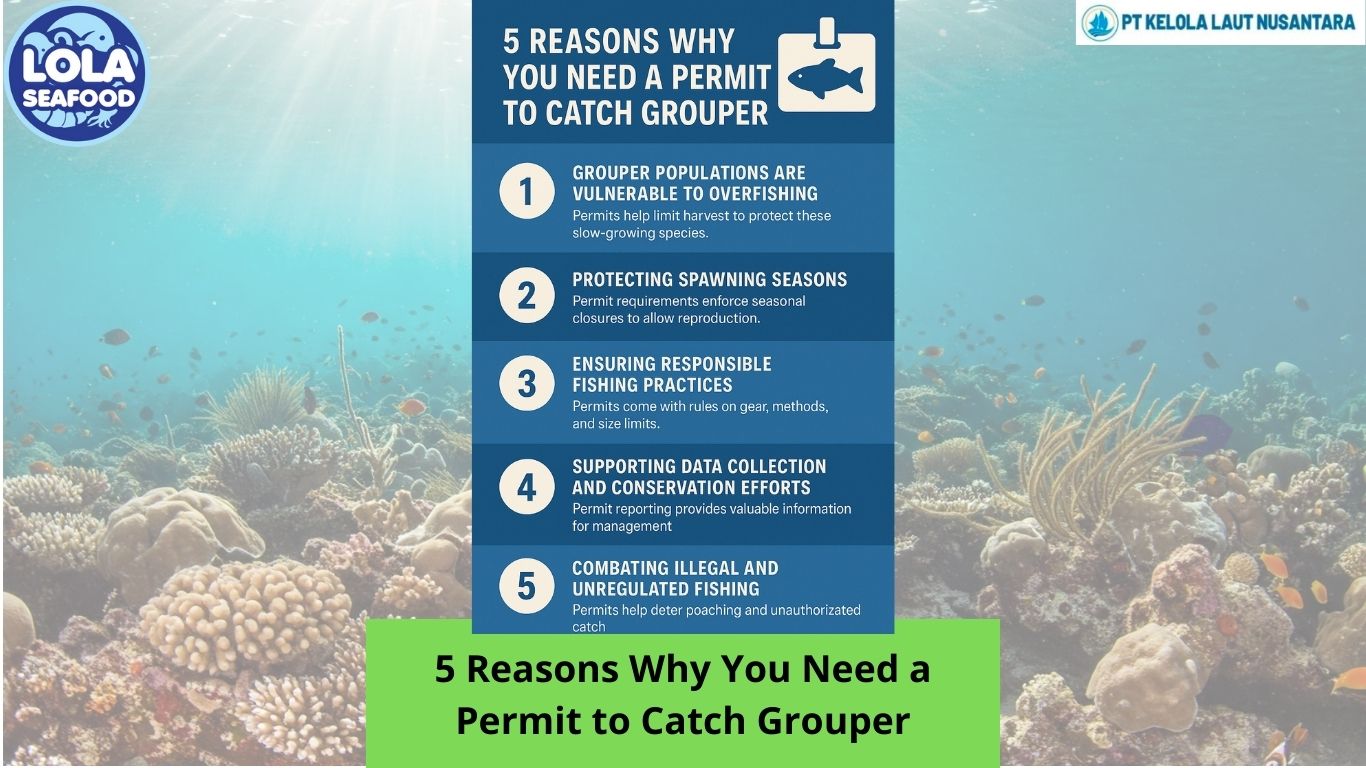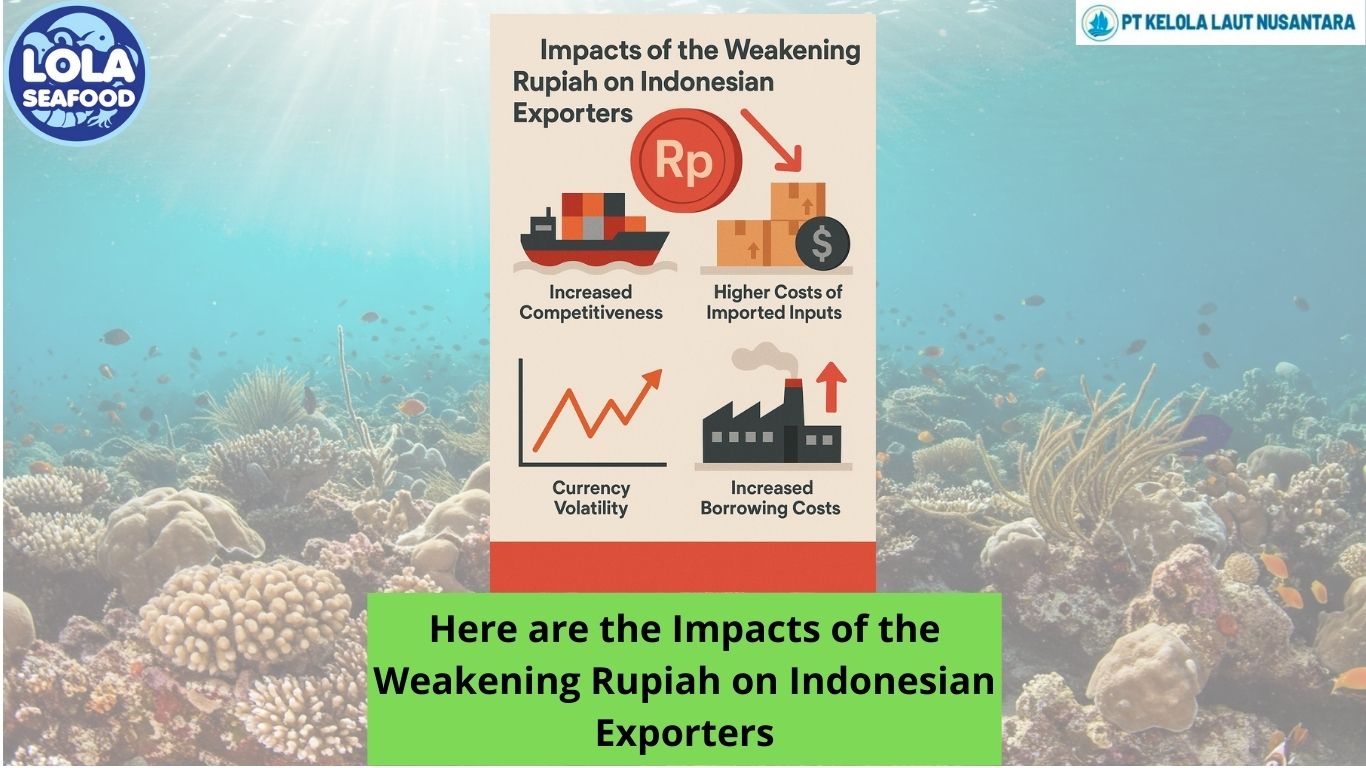Here Are The Fiscal Policies To Make It Easier For Companies To Access Global Markets
By. Fajar - 06 Dec 2024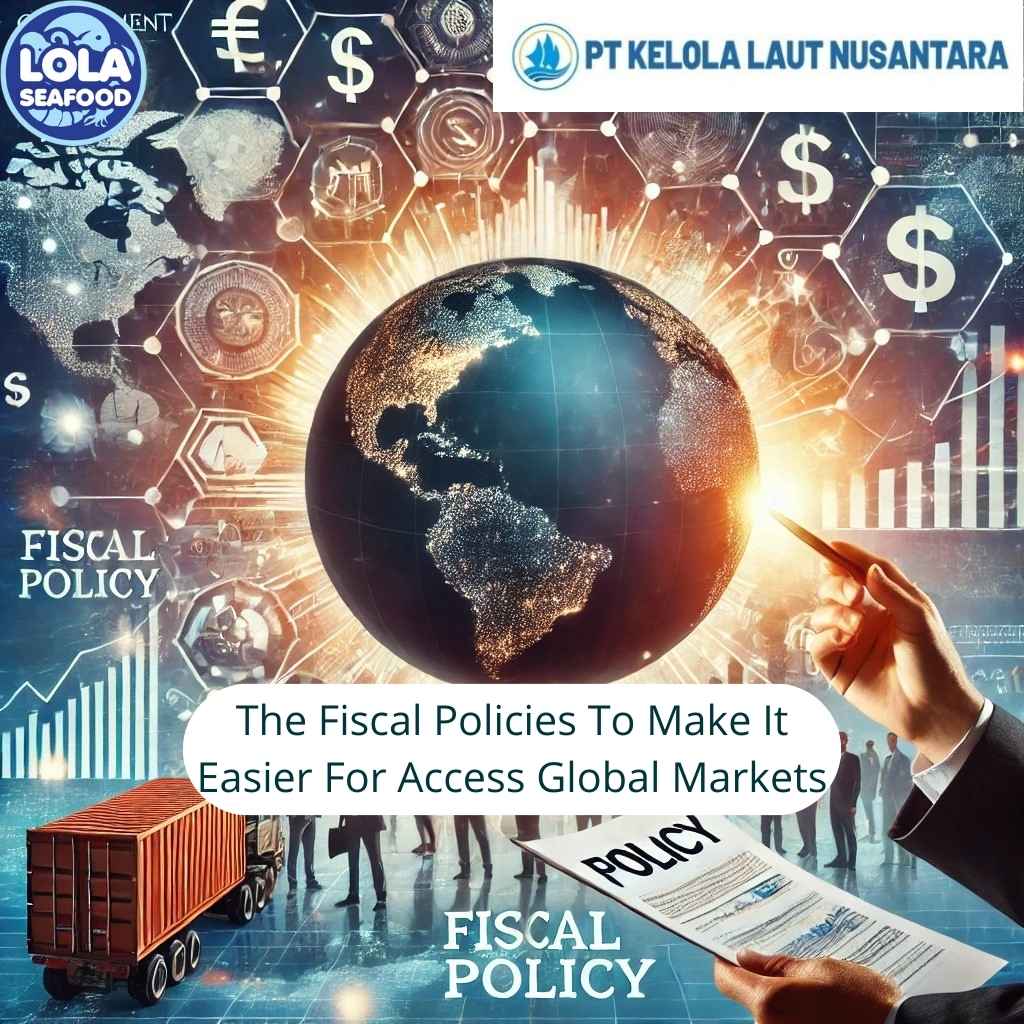
kelolalaut.com The government often implements various tax policies to support exports and enhance the competitiveness of domestic products in the international market. These policies aim to reduce the tax burden and costs faced by exporters, as well as encourage the expansion of global markets. Here are some common tax policies applied to facilitate exports:
- Value Added Tax (VAT) on Exported Goods
Many countries exempt exported goods from VAT or provide tax refunds for goods and services used in the production of exported goods. In Indonesia, exporters can apply for a VAT refund on goods and services used in the export production process. - Tax Incentives for Export-Oriented Companies
Some countries provide special tax facilities for companies focused on exports, such as reductions in Corporate Income Tax (CIT) rates. In Indonesia, companies in export-oriented industrial zones often benefit from reduced CIT rates. - Exemption from Customs Duties for Exports
Exempting exported goods from customs duties helps facilitate the movement of goods between countries and promotes exports. This policy reduces export costs and makes products more competitive in the global market. - Reduction or Exemption from Income Tax (PPh)
Some countries offer reductions or exemptions from income tax for companies involved in export activities. In Indonesia, companies located in bonded zones can enjoy lower or even zero income tax for a certain period. - Bonded Zone Policy
A bonded zone is an industrial area where companies can produce goods for export without being subject to import taxes or VAT. This policy aims to reduce production costs and promote exports. - Expedited Tax Collection
Some countries accelerate the collection of taxes on income derived from export activities. This allows exporters quicker access to funds to expand their businesses. - Elimination of Export Taxes for Certain Products
For products with high export potential, some countries eliminate export taxes or impose lower tax rates. This policy encourages the export of strategic commodities and high-value-added products. - Incentives for Value-Added Products
Products with higher value added, such as goods that are processed or manufactured domestically, often receive tax reductions. This policy encourages the development of downstream industries and enhances the competitiveness of these products. - Export Subsidies
Some countries provide direct subsidies to exporters, such as support for international market research, lower shipping costs, or subsidies to expand export markets. - Incentives for SMEs Exporting Goods
Governments also provide specific incentives for Micro, Small, and Medium Enterprises (SMEs) looking to export. These incentives include exemptions or reductions in income tax and simplified administrative procedures. - International Trade Agreements
Countries often sign Free Trade Agreements (FTAs) that reduce or eliminate tariffs and export taxes on certain products. For example, Indonesia has trade agreements with ASEAN countries that facilitate exports.
If you are interested in our Shark Belly Shark Cartilage and Shark Fillet please do not hesitate to contact us through email and/or whatsapp.
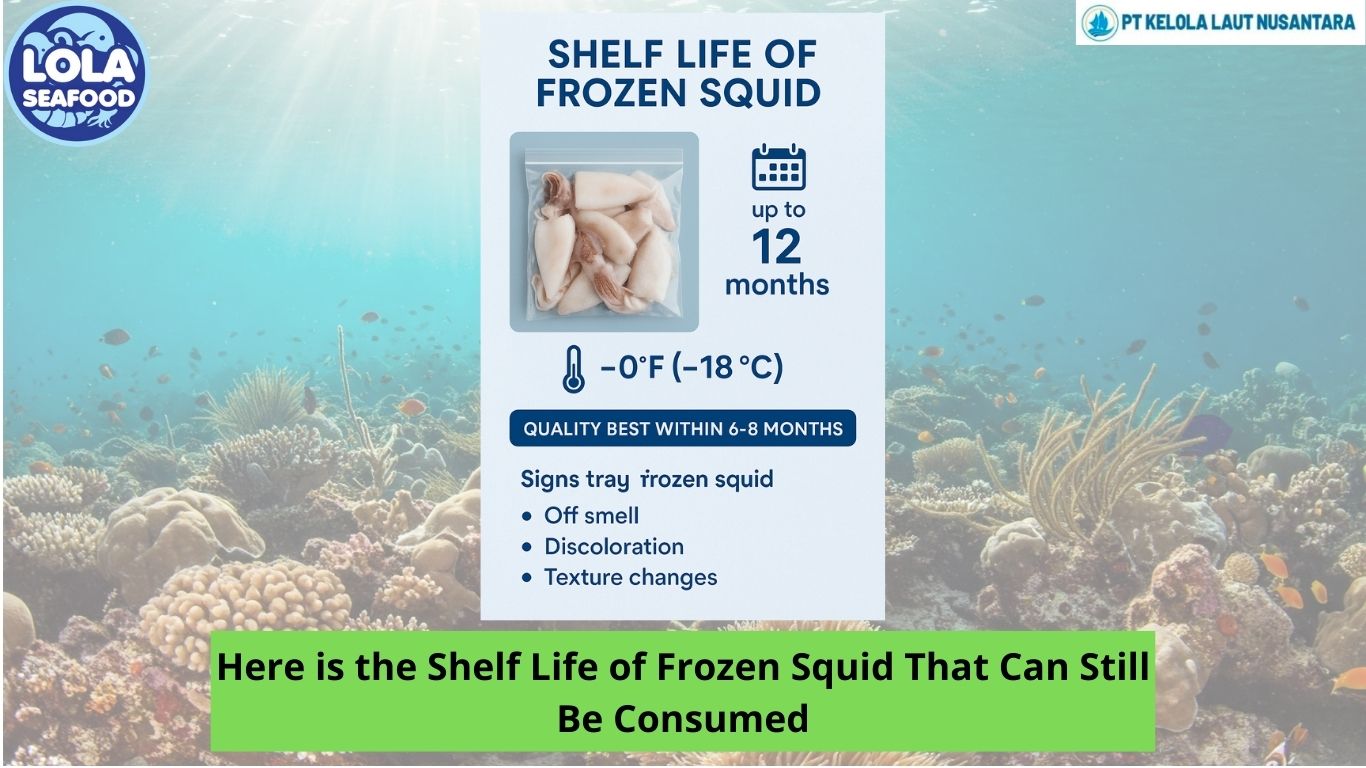
.jpg)
.jpg)
.jpg)
